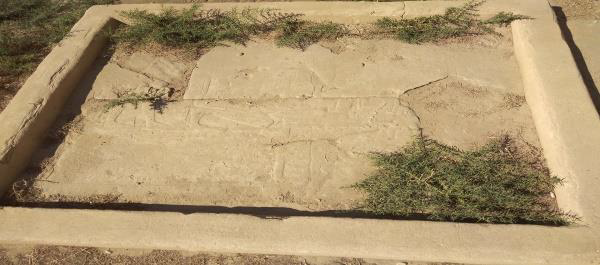by Mavrakou, T., Polydoros, A., Cartalis, C. and Philippopoulos, K.
ABSTRACT
Climate change, already evident in current global conditions, is increasingly affecting cultural heritage sites. To address the climate-related risks these sites face, a methodology was developed based on the IPCC AR6 risk conceptual framework. This methodology identifies climate-driven processes that impact open archaeo-logical sites and uses both climatic and non-climatic indicators to quantify hazard, exposure, and vulnerability to key climate risks, such as heatwaves, droughts, floods, and forest fires. Additionally, projections from cli-mate model simulations are utilized to assess future risk scenarios. Applied to UNESCO World Heritage sites, with the archaeological site of Olympia in the Peloponnese as a case study, the methodology underscores the urgent need for place-based, site-specific adaptation strategies. These strategies are essential for protecting archaeological sites and enhancing their resilience against the increasing frequency and intensity of climate-related risks. A key strength of the methodology is its broad applicability to open archaeological sites world-wide, regardless of their geographical location. Its adaptability allows for comprehensive risk assessments across diverse climatic contexts, offering a valuable tool for safeguarding cultural heritage in the face of evolv-ing climate risks.
![]()


